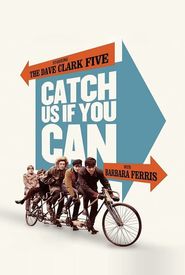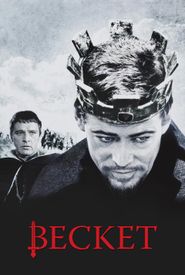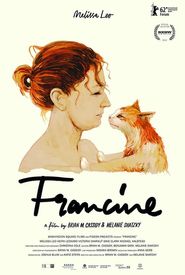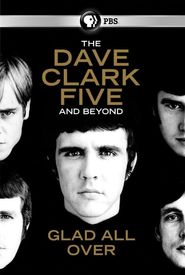Dave's professional music career began to take shape as he juggled his roles as a film extra and stuntman by day, while also performing with his group at renowned venues such as the Royal Tottenham and The Locarno Basildon. In March 1964, he made the transition to a full-time musician, signing a lucrative contract with Harold Davidson. Under the terms of his contract, Dave received a substantial annual salary of £50,000, regardless of the number of performances, audience attendance, or revenue generated. In exchange, he was required to be available for work for nearly 48 weeks of the year, focusing primarily on live dates. Notably, his contract did not encompass television, radio, recording, or writing opportunities, which would have potentially added to his income. To finance his own record releases, Dave took on the financial risk, resulting in a significantly higher royalty rate of approximately £100, which was three times the standard royalty.
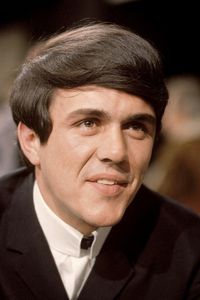
Dave Clark
85 · Born: Dec 15, 1939
